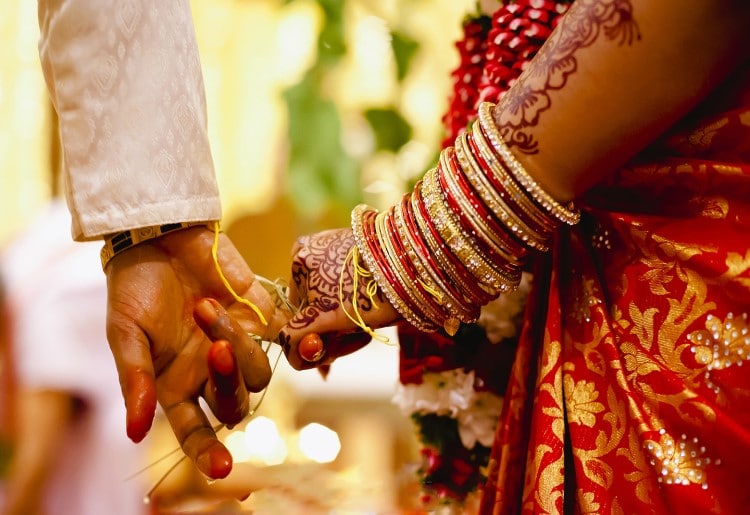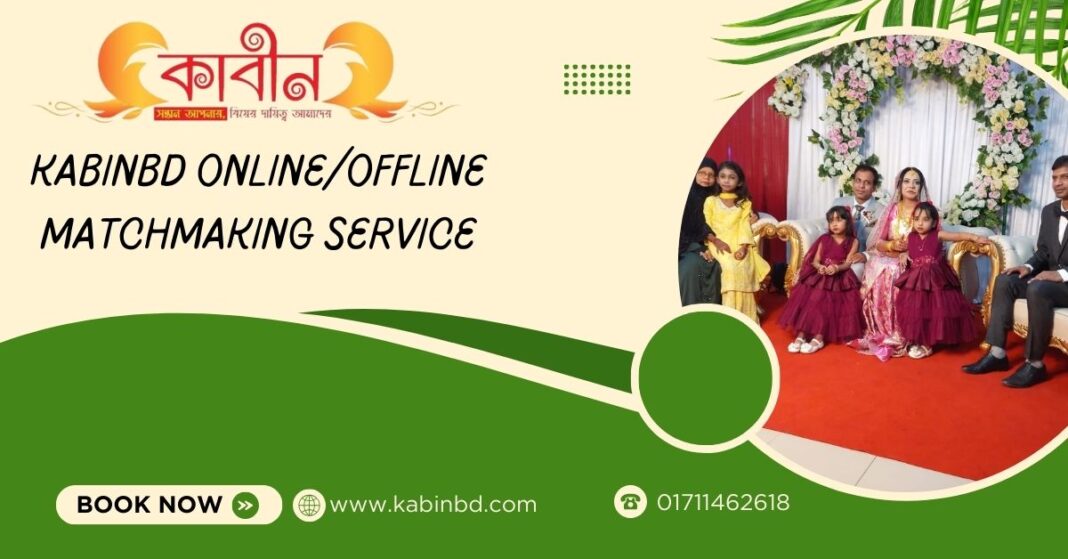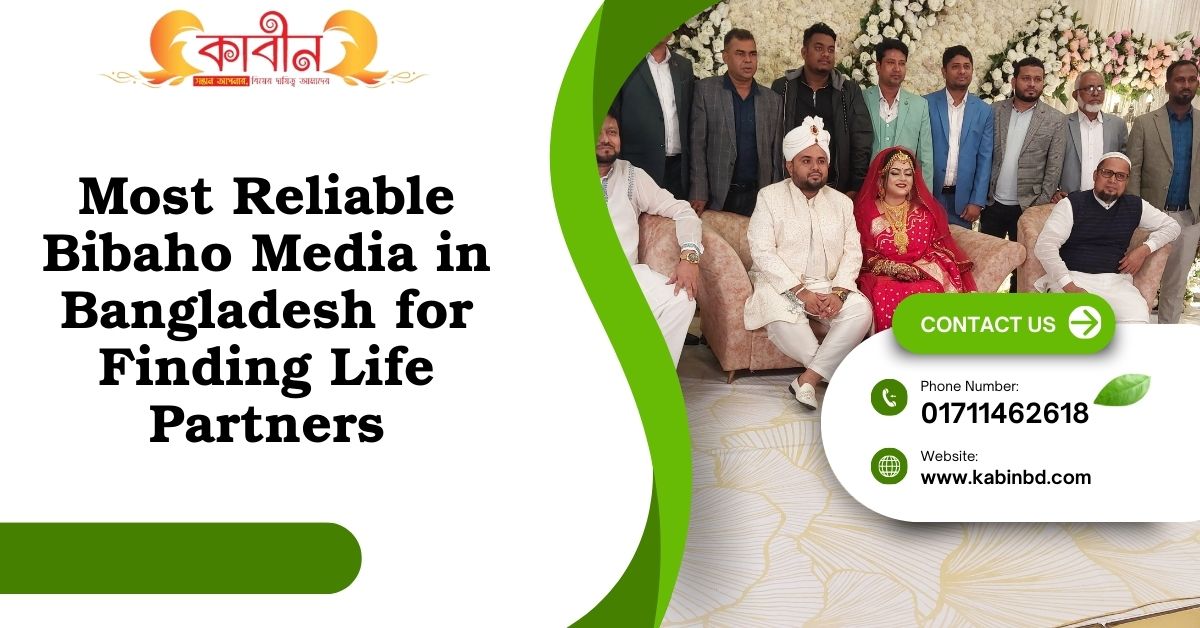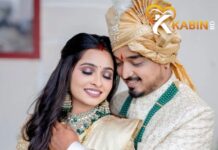How can I get married in Bangladesh
Getting Married in Bangladesh: A Comprehensive Guide
Congratulations on your decision to get married in Bangladesh! This exciting life step involves legal procedures, traditions, and celebrations. This guide will walk you through the process, ensuring a smooth and joyous journey towards your happily ever after.
Legal Requirements:
Bangladesh primarily follows the Special Marriage Act, 1872, for civil marriages. Here’s a breakdown of the key legal aspects:
-
Eligibility:
Here’s a detailed breakdown of eligibility requirements for getting married in Bangladesh:
Minimum Age:
- Men: Must be at least 21 years old.
- Women: Must be at least 18 years old.
Age Exceptions:
- Widows: There’s no minimum age restriction for widows to remarry.
Consent:
- Free and Voluntary Consent: Both partners must freely and willingly agree to the marriage without any pressure or coercion.
Marital Status:
- Neither party can have a living spouse at the time of marriage.
Blood Relations:
- The couple cannot be closely related by blood or marriage in a way that would make marriage illegal under their respective religious or cultural laws.
Parental/Guardian Consent:
- If either partner is below 21 years old (except widows), they must have written consent from their father or legal guardian to get married.
Additional Considerations:
- Mental Capacity: Both partners must be of sound mind and capable of understanding the implications of marriage.
- Citizenship: There are no specific citizenship requirements for getting married in Bangladesh. However, some documentation requirements might differ for foreign nationals.
Verifying Eligibility:
If you have any doubts or questions regarding your eligibility to marry in Bangladesh, it’s advisable to consult with:
- The Local Registrar’s Office: They can clarify the specific requirements and any documents you might need based on your situation.
- A Lawyer: A lawyer specializing in family law can provide guidance on eligibility and any potential legal complexities.
Remember: These are the general eligibility requirements as per the Special Marriage Act, 1872. If you’re planning a religious wedding ceremony, there might be additional requirements specific to your faith. It’s best to consult with your religious leader for clarification.
-
- Neither party can have a living spouse.
- Minimum age: 18 for men and 14 for women (as per Gregorian calendar).
- If below 21, written consent from a parent or guardian is mandatory (except for widows).
- Parties cannot be closely related by blood or marriage, as defined by applicable laws.
-
Notice of Marriage:
The Notice of Marriage is a crucial first step in getting legally married in Bangladesh under the Special Marriage Act, 1872. Here’s a detailed explanation of this process:
Who Submits the Notice?
One of the partners intending to marry must submit a written notice to the Registrar of Marriages in the district.
Where to Submit the Notice?
- The notice needs to be submitted to the Registrar’s office of the district where at least one of the partners has resided for a minimum of 14 days before submitting the notice.
Content of the Notice:
The notice typically includes the following information:
- Full names and addresses of both partners
- Fathers’ names of both partners (optional, but recommended)
- Occupations of both partners
- Age of both partners
- A declaration that there’s no legal impediment to the marriage (e.g., no existing spouse)
Obtaining the Notice Form:
- You can obtain the Notice of Marriage form directly from the Registrar’s office of the chosen district.
- The form might also be downloadable from the official website of the local government (availability may vary).
Submitting the Notice:
- Once you complete the form with accurate information, submit it along with the required documents (see below) to the Registrar’s office.
- There might be a small fee associated with filing the notice.
Required Documents:
- Proof of identity for both partners (e.g., National ID card, passport)
- Proof of residence for at least one partner in the district (e.g., utility bill, rent agreement)
- Two passport-sized photographs for each partner
Waiting Period:
After submitting the notice, there’s a mandatory waiting period of usually 30 days. This allows anyone with objections to the marriage to come forward.
What Happens After Submission?
- The Registrar will review the notice and documents, and if everything is in order, they will display a copy of the notice in a Marriage Notice Book accessible to the public for the waiting period.
- If no objections are raised within the waiting period, you can proceed with the marriage ceremony after the waiting period is over.
Additional Tips:
- Ensure the information provided in the notice is accurate and complete to avoid delays.
- Submit the notice well in advance of your desired wedding date to account for the waiting period.
- Keep a copy of the submitted notice and any receipts for your records.
Remember: The Notice of Marriage is a public document. Anyone can inspect the Marriage Notice Book during its display period and potentially raise objections if there’s a legal reason to do so (e.g., if one partner is already married).
-
- One partner must submit a written notice to the Registrar of Marriages in their district (where at least one partner resided for 14 days before the notice).
- The notice can be obtained from the Registrar’s office.
-
Documentation:
- Proof of age (e.g., National ID card, birth certificate)
- Proof of residence (e.g., utility bill, rent agreement)
- Three passport-sized photographs for each partner
- If applicable, written consent from parent/guardian
- Widow/widower certificate (if applicable)
-
Solemnization:
The solemnization of marriage is the formal act that legally binds a couple in marriage under Bangladeshi law. Here’s a breakdown of this crucial step in your wedding journey:
The Ceremony:
The marriage ceremony can be held in two main locations:

- Registrar’s Office: This is the most common option for civil marriages. The Registrar of Marriages conducts the ceremony in the presence of witnesses.
- Designated Location: With the Registrar’s permission, the ceremony can be held at a location of your choice (e.g., a religious institution, community hall). However, the Registrar must still be present to officiate.
Key Participants:
- Registrar of Marriages: The official who conducts the ceremony and ensures it complies with legal requirements.
- The Couple: Both partners must be present and actively participate in the ceremony.
- Witnesses: A minimum of three witnesses (above 18 years old) are required to be present and sign a declaration form during the ceremony.
The Ceremony Process:
The specific format of the ceremony may vary slightly, but it generally follows these steps:
- Verification of Identities: The Registrar verifies the identities of the couple and witnesses.
- Declaration of No Impediment: Each partner declares that they are not aware of any legal reason why they cannot be married.
- Vows and Exchange of Rings (Optional): The couple can exchange vows and rings (if desired) to personalize the ceremony.
- Marriage Vows: The Registrar asks each partner to say a specific vow (usually similar to “I, [Name], take you, [Name], to be my lawful wedded wife/husband”) in the presence of the witnesses.
- Signing of Documents: The marriage register and witness declaration form are signed by the couple, witnesses, and the Registrar.
Registration and Certificate:
- Following the ceremony, the marriage is officially registered with the government.
- A marriage certificate is issued as legal proof of the union.
Importance of Solemnization:
Completing the solemnization process is crucial because:
- It legally recognizes your marriage under Bangladeshi law.
- The marriage certificate serves as official documentation for various purposes (e.g., applying for visas, obtaining joint bank accounts).
- It provides legal protection for both partners regarding inheritance rights and spousal support.
Additional Considerations:
- While religious ceremonies are common alongside civil registration, the solemnization by the Registrar is the official act that legally binds the marriage.
- Discuss your preferred ceremony format (simple or more elaborate) with the Registrar’s office beforehand.
- Ensure your chosen witnesses are available and understand their role in the ceremony.
Remember: The solemnization of marriage is a significant step, marking the legal beginning of your married life. By following these guidelines and ensuring the ceremony complies with legal requirements, you can ensure a smooth and successful start to your journey as a married couple.
-
- The marriage ceremony can be held at the Registrar’s office or another designated location with the Registrar’s permission.
- It must be witnessed by three people who sign a declaration form.
- During the ceremony, each partner must declare their intent to marry the other in the presence of the Registrar and witnesses.
-
Registration:
- After the ceremony, the marriage is registered with the issuance of a marriage certificate.
- This certificate is crucial legal proof of the marriage.
Additional Considerations:
- Religious Ceremonies:
- Many Bangladeshis have religious wedding ceremonies alongside the civil registration.
- Consult your religious leader for specific requirements within your faith.
- Premarital Health Checkup:
- While not mandatory, some couples opt for premarital health screenings for peace of mind.
- Marriage Contract (Nikahnama):
- A Nikahnama is a customary marriage contract outlining the couple’s rights and obligations. It’s not legally binding but holds significance in some communities.
The Process Step-by-Step:
- Discuss and Plan: Talk to your partner about expectations, budget, guest list, and desired ceremony type (civil only, religious, or both).
- Gather Documents: Ensure you and your partner have the necessary documents mentioned earlier.
- Notice of Marriage: One partner submits the completed notice form to the Registrar’s office of the chosen district.
- Wait Period: There’s a mandatory waiting period (usually 30 days) after submitting the notice before the marriage can be solemnized. This allows for any objections to be raised.
- Pre-marital Procedures: If required, schedule premarital health checkups and arrange religious ceremonies with your religious leader.
- The Ceremony: The marriage is solemnized by the Registrar in the presence of witnesses, with each partner declaring their vows.
- Registration and Certificate: After the ceremony, the marriage is registered, and a marriage certificate is issued.
Tips for a Smooth Marriage Process:
- Start Planning Early: Allow ample time to gather documents and complete procedures to avoid last-minute stress.
- Communicate Clearly: Discuss expectations with your partner regarding the wedding and any premarital agreements.
- Verify Information: Double-check deadlines, document requirements, and procedures with the Registrar’s office.
- Consider Hiring Help: A marriage celebrant or lawyer can assist with paperwork and navigating legalities.
- Embrace Traditions: While legal requirements are essential, incorporate meaningful traditions from your cultures to personalize the ceremony.
Beyond the Legalities: Wedding Celebrations in Bangladesh
Weddings in Bangladesh are vibrant celebrations filled with cultural traditions and joyous festivities. Here’s a glimpse into some common practices:
- Mayra (Bridal Shower): A pre-wedding ceremony for the bride with female family and friends, often involving gifts and blessings.
- Aai Bhwana (Groom’s Reception): The groom’s family hosts a reception for the bride and her family.
- Henna Ceremony (Mehendi): Intricate henna designs are applied to the bride’s hands and feet, symbolizing blessings and joy.
- Wedding Attire: Brides traditionally wear elaborate sarees or lehengas, while grooms wear sherwanis or suits.
আপনি যদি বিয়ের ব্যাপারে সিরিয়াস হয়ে থাকেন তবে
লিংকে ক্লিক করে ফ্রী রেজিষ্ট্রেশন করুন
অথবা বিস্তারিত জানতেঃ
Gmail:kabinbd4@gmail.com
01711462618 এ কল করুন ২৪/৭ সার্ভিস

























